UPDATE: The CARES Act is now law.
We’re all receiving too much spam and too many news updates, so we’ll do our best to make this brief.
What We DO Know
The CARES Act is on the table right now, and the idea is to provide additional relief that modifies or accompanies the existing relief provided for in the FFCRA, enacted on March 18, 2020. The following summarizes some of the benefits to be available under both acts.
Individuals
1. Recovery Checks of $1,200 per individual or $2,400 for each married couple filing jointly, plus $500 per qualifying dependent. The payments are phased out for taxpayers whose adjusted gross income on their 2019 tax return (or 2018 if 2019 has not yet been filed) exceeds $75,000 for individuals, $112,500 for heads of household, and $150,000 for joint filers.
2. Unemployment Benefits are to be increased by $600 per week for the period prescribed by the bill.
3. Charitable Contributions will result in a $300 deduction (even if you normally itemize deductions). Additionally, the donation limit for those who itemize is increased from 50% of AGI to 60% of AGI.
4. Early Distributions on Retirement Funds will not be penalized if certain criteria are met. Namely, the distributions are not to exceed $100,000, and the distribution must be related to adverse financial circumstances arising from the pandemic.
5. Employer Payments of Student Loans are tax-exempt up to $5,250 through December 31, 2020.
Businesses
1. SBA 7a Loan Modifications to allow for express loans to small businesses to cover the costs of payroll, mortgage interest, rent or utilities between February 15, 2020 and June 30, 2020.
a. Assuming all appropriate criteria are met, these loans may be forgiven, essentially converting them into grants.
2. Payroll Tax Credits under FFCRA for up to 80 hours of sick leave and expanded childcare leave when employees’ children’s school are closed or childcare providers are unavailable. This includes the cost of health insurance, employers face no payroll tax liability for these payments, and self-employed individuals receive an equivalent credit.
a. Employers with fewer than 500 employees are subject to the law.
b. Employers with fewer than 50 employees may be exempt if the reason is for school or childcare closing, assuming the viability of the business is threatened (more guidance coming soon from the Department of Labor).
c. Employers are to receive payroll tax credits for these amounts, payments of which are to be expedited by the IRS.
d. See the links below or reach out to us for more information.
3. Payroll Tax Credits under CARES for up to 50% of wages paid, capped at $10,000 total wages per employee, assuming the business was suspended by a governmental authority or the employer’s gross receipts in any quarter were 50% less than gross receipts in the same quarter of the prior year.
a. Not available to employers receiving SBA Interruption Loans in Item #1.
b. Employers with more than 100 employees must be unable to provide any services as outlined in the bill.
c. Employers with 100 or fewer employees are eligible regardless of whether services were halted during the period outlined in the bill.
4. Delayed Payment of Employer Payroll and Self-Employment Taxes allowing employers to delay remittance of social security tax payments, 50% of which would not be due by December 31, 2021, the remaining 50% due December 31, 2022.
5. Corporation Charitable Contributions would be limited to 25% of taxable income rather than 10%.
6. Miscellaneous Modifications to NOL, Business Interest Expense, Qualified Improvement Property, and Others. If these are relevant to you, or you have questions about specific circumstances, please let us know.
Things to Keep in Mind
The FFCRA is law and the CARES act is slated to become one, but the technical details are still in the works. For example, the requirement to pay sick leave (which results in a payroll tax credit) will not be enforced for the 30-day period following passage of the law. This gives all of us some flexibility. That said, we want to be proactive in order to take advantage of any relief possibly available to us.
Here are some of the best resources we’ve found as of this moment:
IRS-related Tax News
https://www.irs.gov/coronavirus
Sick Leave under FFCRA
https://www.dol.gov/agencies/whd/pandemic/ffcra-employer-paid-leave
QuickBooks Payroll (they’re working on it!)
https://quickbooks.intuit.com/learn-support/en-us/help-articles/ffcra/01/517349#
Questions?
We’re doing everything we can to stay informed on legislation as it develops and pass that knowledge along to our clients.
If you have any questions or concerns, please don’t hesitate to reach out to us.

